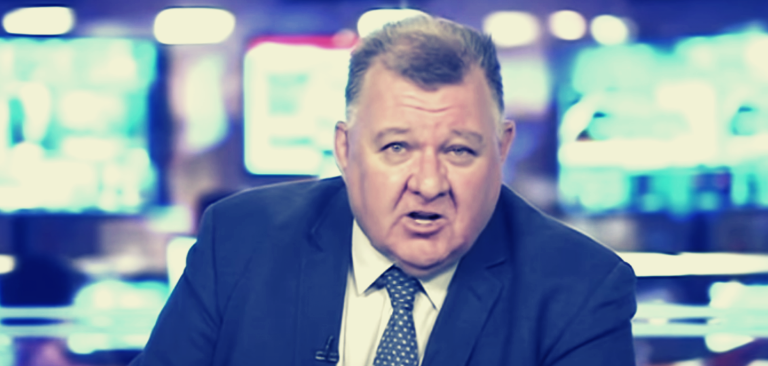Australia’s opposition Labor party wants Facebook to keep a very close eye on content posted by MP Craig Kelly, a member of the ruling party, denouncing his posts shared on the social media giant as harmful to public health.
Once again, the coronavirus epidemic and a difference of opinion on how to most effectively combat it seems to be politicized and used in partisan showdowns. In this instance, Kelly appears to be a Covid vaccine skeptic, and a proponent of treating the disease with the drug hydroxychloroquine.
For this, Australia’s shadow health minister Mark Butler is urging Facebook’s local managing editor to “exercise editorial responsibility” – a euphemism for censorship? He is accusing Kelly of disseminating information that is “harmful.”
Kelly’s stance is at the same time described as “outlandish” and what must be more worrying to those opposed to his politics, engagement on Kelly’s Facebook page is four times higher than what the Department of Health is getting with its messages. Solution? Calling on a platform that doesn’t even publicly bill itself as a publisher to exercise editorial control.
“I urge Facebook to continue to monitor the harmful content that Mr Kelly is sharing and take appropriate action to protect public health,” Butler says.
It now remains to be seen how Facebook Australia will respond to this request, but in January, Kelly said the tech giant sent him a warning about posts quoting Professor Tom Brody’s comments about another drug, Ivermectin, and how it might be used in Covid treatment.
Kelly at the time revealed Facebook threatened to put restrictions on his page unless he removed these posts – which he eventually did, “under protest.”
His protest went like this: “(The world has) entered a very dark time in human history when scientific debate and freedom of speech is being suppressed.”
Media report note that the use of hydroxychloroquine in Covid therapy is not approved in Australia, as it is considered ineffective, but also possibly dangerous “if used inappropriately” (same goes for ever other drug, though.)
The way Kelly’s views on the epidemic and what to do about it have been portrayed as extremely controversial made his party boss and Australian Prime Minister Scott Morrison finally say he did not support his position.
On the other hand, his popularity is growing among Australia’s conservatives, who are accusing mainstream media and left-leaning politicians of “trying to silence, censor and cancel dissenters.”










